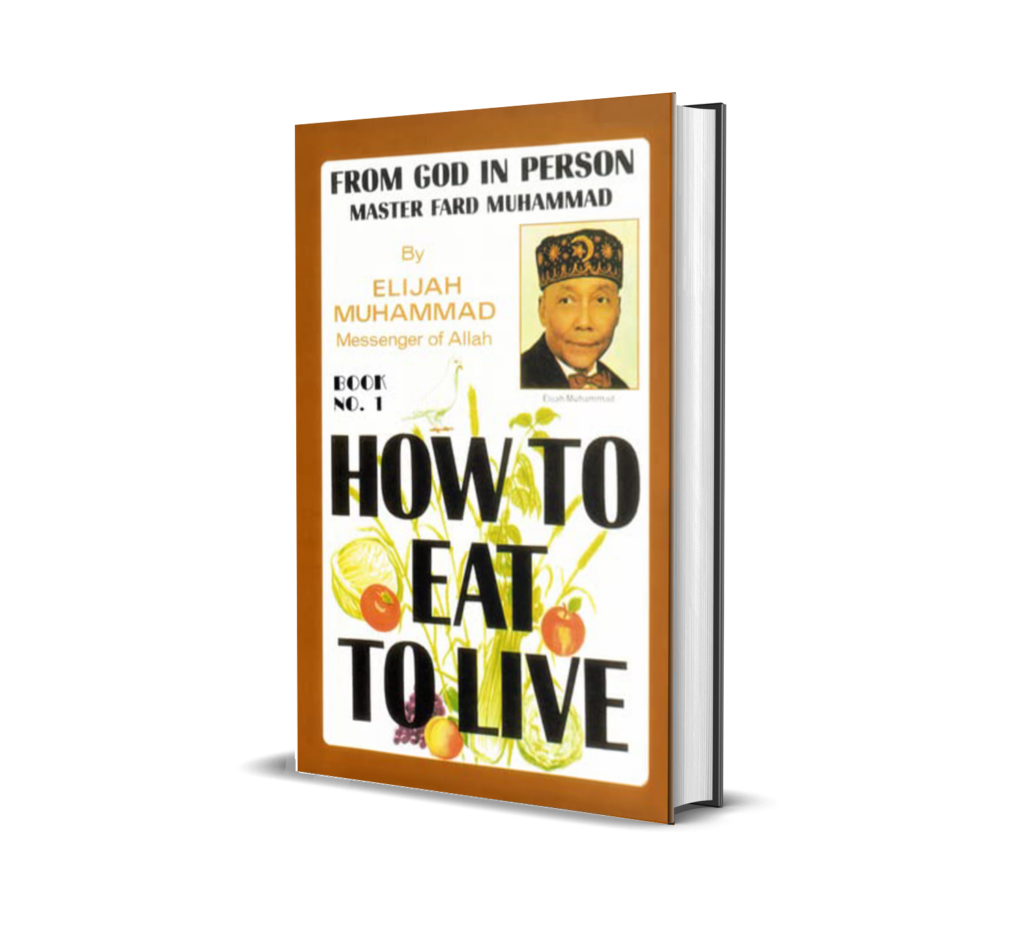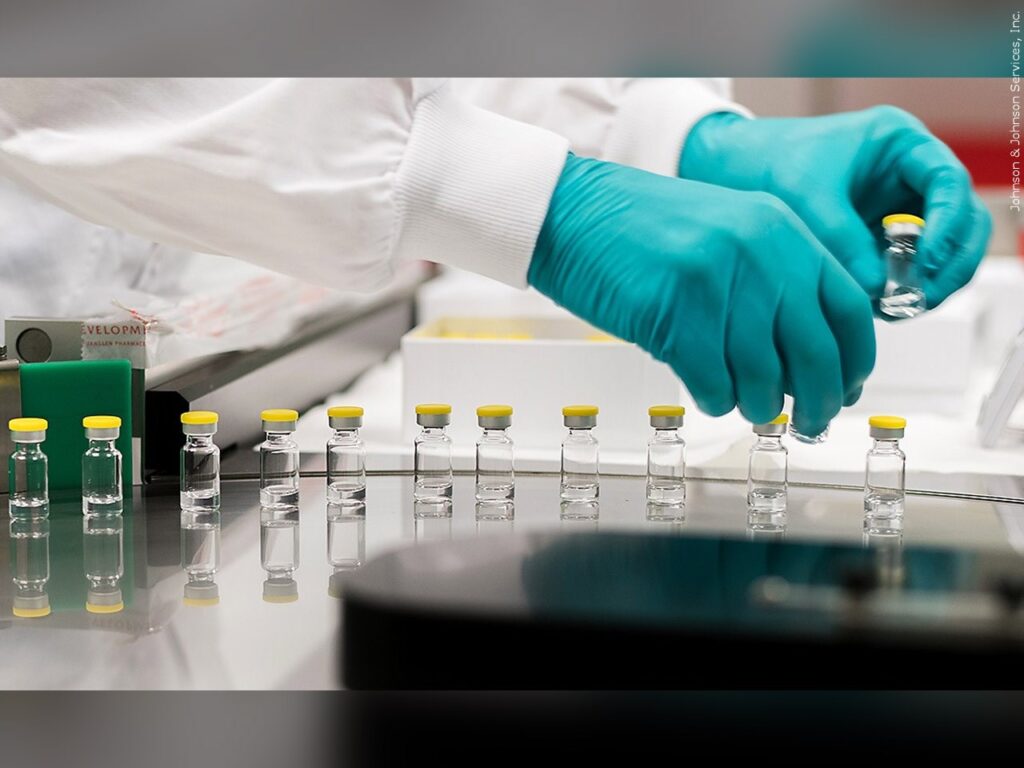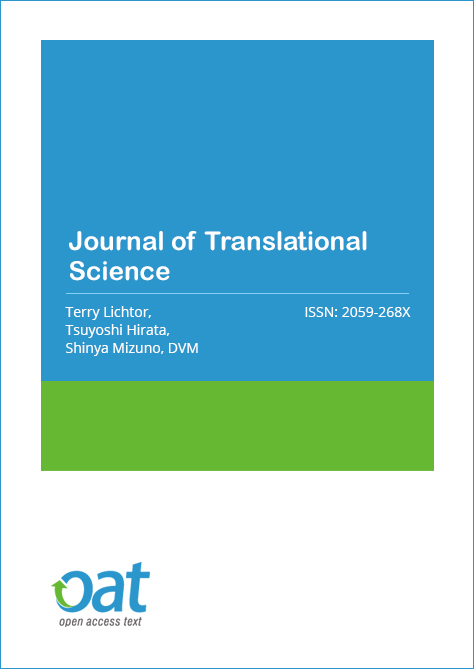“Mothers should feed their babies from their breast milk if they possibly can, as this is the best.”

“THE fact about it, milk is our first food—milk from our mother’s breast.”
—The Most Honorable Elijah Muhammad, How To Eat To Live, Book 2, page 179
“A SICK mother’s milk is better for her baby than a healthy cow’s milk or any animal’s milk. You may give your babies cow milk, but if you can breast-feed them, yourself—as nature intended—then you should do so. You will have a healthier baby and a baby who will love you.”
—The Most Honorable Elijah Muhammad, How To Eat To Live, Book 2, pages 89–90
We’ve been taught to think that breast milk is merely a source of calories and nutrients for our growing babies that can be easily replaced with formula. Nothing could be further from the truth. Breast milk is a living tissue, extremely similar to blood. It is dynamic and changes daily, and even hourly, to meet the baby’s needs at every level.
Thus, unlike any formula ever made, the milk that the child receives is unique for the child’s specific needs at that time. It is designed to nourish and promote ideal development as well as protect and heal this developing human being from environmental insults and disease. Here are just some of the qualities and benefits of breast milk:
The first expression of breast milk that the infant receives is Colostrum, the thick, yellow “early milk” commonly called “liquid gold,” which is rich in factors necessary for growth and development as well as immune components, such as antibodies, anti-microbial agents and immune cells.

The passive “immune system” that the infant receives from colostrum (as well as from transitional milk, the second stage of breast milk, and mature breast milk, the final phase) is extremely powerful at neutralizing pathogens, especially harmful bacteria. Even though the infant is born with a fully functional immune system, activation of this immune system is put on hold in order to keep the infant in the anti-inflammatory state optimal for proper brain development.
Thus, the mother provides the infant with immune components that destroy harmful pathogens. Another reason why the infant immune system is kept “on hold” may be so that it can tolerate all the life-giving cells and other substances that the mother is giving it.
Breast milk contains a variety of growth factors that work to facilitate the maturing of blood vessels, red blood cells, the immune system, as well as the development of the brain.
Breast milk is not sterile. The human body is home to trillions of bacteria and other microbes, collectively known as the microbiome. The body needs a large number of beneficial bacteria in its digestive system to break down the food that is eaten and destroy the harmful bacteria that comes with that food.
Modern research shows that the mammary glands become colonized with specific good microbiota, including probiotic bacteria that the mother then passes on to the infant. Thus, breast milk contains beneficial bacteria that colonize the infant’s intestinal system at just the right time to promote the optimal development of the newborn’s gut microbiome.
Bacteriodes, one of the first bacteria to colonize the infant gut, have an anti-inflammatory effect on the infant’s body: proper bacterial colonization of the gut reduces the infant’s risk of allergies, inflammatory bowel disease, autoimmune disease and brain dysfunction. The bacteria that are transferred to the infant in breast milk also teach the infant’s body which bacteria are safe/good bacteria and can be safely ignored by the immune system.
Two milliliters of breast milk can contain up to 80,000 stem cells. Stem cells are cells that can turn into whatever type of cell the body needs in order to heal and repair injured tissues. Stem cells also have anti-inflammatory properties. The transfer of stem cells from both the placenta and breast milk following birth shuts down birth-induced inflammation in the infant and facilitates any healing that needs to be done as a result of the birth process.
Breast milk also transfers many substances whose role is to “program” the DNA of various tissues in the infant. Specifically, breast milk contains microRNAs, which are tiny RNA molecules that regulate the expression of genes. In infants, research suggests that the microRNAs received from breast milk may program the cells of the gut to promote colonization by beneficial bacteria, promote barrier function in the gut (prevent things from leaking through the gut lining), and reduce the expression of inflammatory genes.
It is quite possible that these regulatory RNA molecules also travel to other tissues, where they play a key role in regulating proper development of organs. Researchers are just beginning to understand the regulatory role these RNA molecules play in infant and adult bodies.

Troubling Effect of Man-Made ‘Vaccines’
Thus, it is extremely alarming that mRNA technology “vaccines”—which can degrade to form microRNAs—are being used, because vaccine degradation byproducts may have the ability to regulate gene expression and affect development. Further, it is likely that the RNA degradation products from the vaccine are preferentially transferred from mother to infant via the breast milk in vaccinated mothers. This will have a slew of unintended consequences that could prove devastating to the health of the infant.

A recent study in the Journal of Translational Science on infant health concluded that breastfed, unvaccinated infants were at the lowest risk for disorders such as autism, gastrointestinal disorders, severe allergies, ADD/ADHD; while vaccinated infants that were NOT breastfed were at the highest risk for those disorders. For example, infants who were vaccinated and NOT breastfed were more than 12 times more likely to be diagnosed with autism than those who were breastfed and not vaccinated.
While vaccination was the factor that seemed to increase the risk for these disorders most, breastfeeding had an astonishingly protective effect in vaccinated children. In children who were vaccinated, breastfeeding reduced the risk of developing autism and other disorders by about half.
In short, God designed a miraculous substance that can never be duplicated by man. We should never shame mothers who have difficulty in breastfeeding and therefore must resort to bottle feeding. However, we must make it a top priority to support women in every way we can to ensure their babies are able to take advantage of the miracle of breast milk that God has provided.
As the Most Honorable Elijah Muhammad has written in “How To Eat To Live, Book One,” on page 67, “Mothers should feed their babies from their breast milk if they possibly can, as this is the best.”
Dr. Christina Park holds a Ph.D. in Cellular and Molecular Biology.













